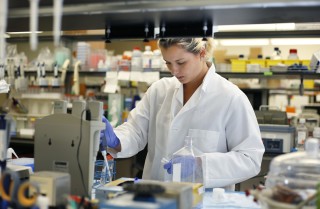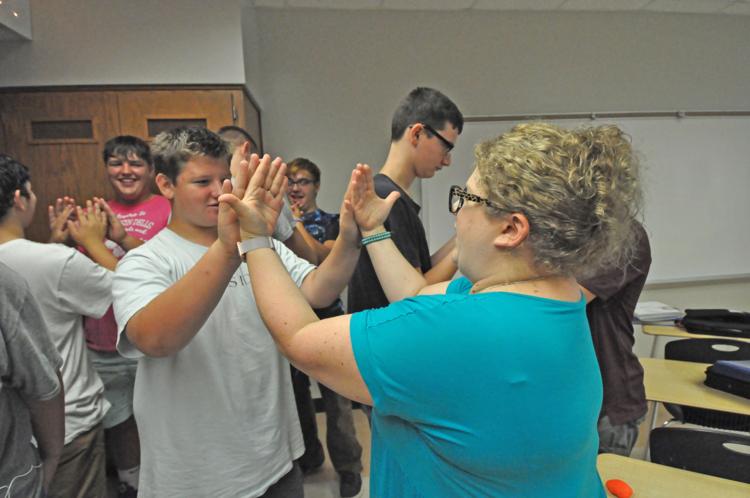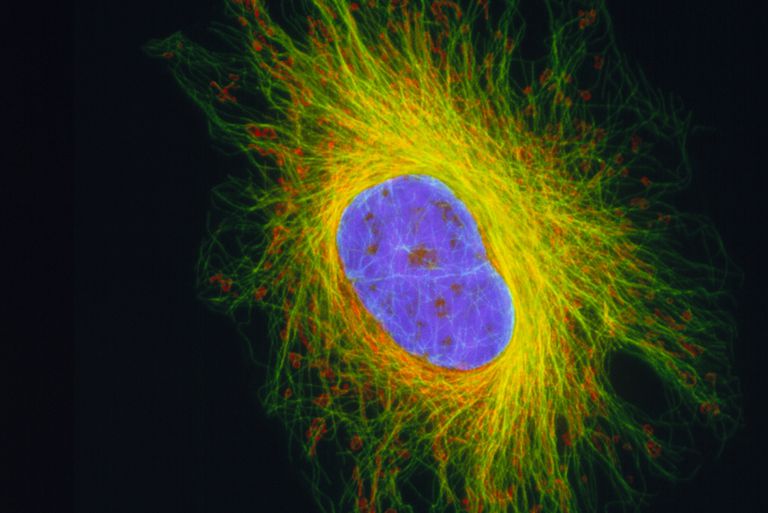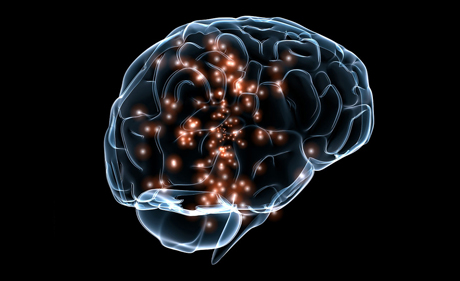Aspen Neuroscience, another San Diego biotech company taking a shot at undeveloped cell treatment for Parkinson’s sickness, has left stealth mode and raised $6.5 million to seek after clinical testing for its treatment.
Helped to establish by understood immature microorganism researcher Jeanne Loring, Aspen Neuroscience proposes making undifferentiated cells from adjusted skin cells of Parkinson’s licenses by means of hereditary designing.
The stem cells, which can turn out to be any kind of cell in the body, at that point would experience a procedure that causes them to practice into dopamine-discharging neurons.
Individuals with Parkinson’s lose an enormous number—up to 50 percent at determination — of explicit synapses that make the chemical dopamine.
Without dopamine, nerve cells can’t speak with muscles and individuals are left with incapacitating engine issues.
When these changed skin cells have been built to have practical experience in creating dopamine, they can be transplanted into the Parkinson’s patient to reestablish the sorts of neurons lost to the sickness.
“The reason we called it Aspen is because l was raised in the Rocky Mountain states,” said Loring. “When there is a forest fire in the Rockies, the evergreens are wiped out but the aspens are the fist that regenerate after the burn. So it is a metaphor for regeneration.”
Aspen still has far to go before its proposed treatment would be accessible to Parkinson’s patients. It has been meeting with the U.S. Nourishment and Drug Administration to give creature preliminary information and other data in order to get authorization to begin human clinical preliminaries.
Loring has been taking a shot at the treatment for a long time. She is educator emeritus and establishing executive of the Center for Regenerative Medicine at the Scripps Research Institute.
Loring helped to establish the 20-representative organization with Andres Bratt-Leal, a previous post-doctoral analyst in Loring’s lab at Scripps.
Going along with them as Aspen’s Chief Executive is Dr. Howard Federoff, previous bad habit chancellor for wellbeing undertakings and CEO of the University of California Irvine Health System.
Federoff said the organization is the just a single seeking after the utilization of Parkinson’s patient’s own cells as a component of neuron substitution treatment.
Aspen’s restrictive methodology doesn’t require the utilization of immuno-concealment drugs, which can be given when transplanted cells originate from someone else and maybe limit the adequacy of the treatment.
Aspen’s methodology “is a therapy that is likely to benefit from the fact that your own cells know how to make the best connections with their own target cells in the brain, even in the setting of Parkinson’s disease,” said Federoff. “So when transplanted it is able to set back the clock on Parkinson’s.”
Notwithstanding Aspen’s primary treatment, it is inquiring about a quality altering treatment for types of Parkinson’s normal in specific families.
Aspen’s exploration work up to now has been upheld by Summit for Stem Cell, a non-benefit on which gives an assortment of administrations to individuals with Parkinson’s sickness.
The new seed financing round was driven by Domain Associates and Axon Ventures, with extra cooperation from Alexandria Venture Investments, Arch Venture Partners, OrbiMed and Section 32.
“Aspen’s financial backing, combined with its experienced and proven leadership team, positions it well for future success,” said Kim Kamdar, an accomplice at Domain Associates. “Domain prides itself on investing in companies that can translate scientific research into innovative medicines and therapies that make a difference in people’s lives. We clearly see Aspen as fitting into that category, as it is the only company using a patient’s own cells for replacement therapy in Parkinson’s disease.”




